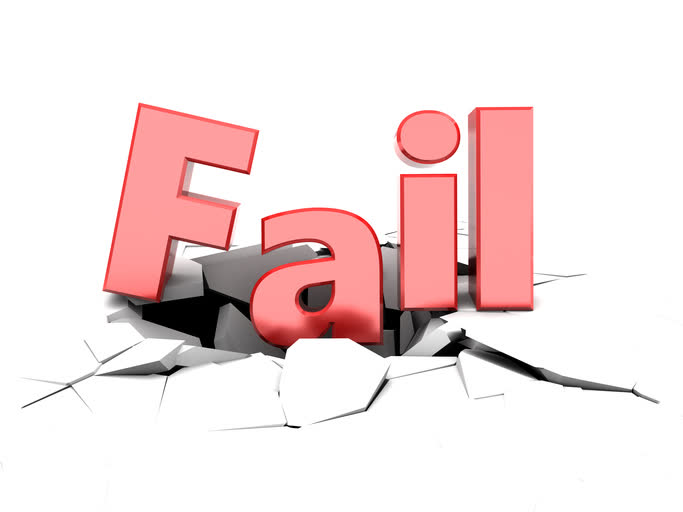Dividend Value Builder Newsletter
3 Steps to Avoid Repeating Investment Mistakes

The following steps will help you reduce your investment mistakes and improve your returns. At the end I’ll share an invaluable resource for replacement actions that will reduce or eliminate many investment mistakes.
The earlier in your life that you learn the less costly your mistakes will be. It’s better to make and learn from your mistakes when your investment capital is smallest versus later in life when you have more to lose.
The is a true personal story and my first valuable lesson:
In college a friend of mine came to me with a “hot” tip. The company, we will call it XYZ Mining, had bought a piece of property and they were going to announce a large gold find. I didn’t have a lot of money; after all I was a college student. But I felt I couldn’t pass up the “sure thing”; so I bought 1000 shares of XYZ Mining at $1.00.
Believe it or not, several months later, XYZ Mining did announce a gold find and the stock jumped 25%. Unfortunately, the stock was trading at 20 cents by then, and the rise to 25 cents still left me well under the $1.00 I had paid.
Of course, as a novice investor I wouldn’t sell at a loss, so I held the stock until the company went bankrupt.

Let’s examine 3 steps to avoid repeating investment mistakes:
1. Identify the Mistake
I listened to a rumor or “tip”. I knew very little about the company. I wanted to score big fast. I bought a “penny stock” with the belief that high risk = high gain (what a fallacy!).
2. Identify Reasons for the Mistake
When you make investment mistakes you should analyze the reasons and/or why you made the errors. Why did I make this investing error? Why was I willing to listen to a “hot tip”? What was the basis of my mistake?
These were the reasons in my example:
Greed
I was greedy. I wasn’t looking for an investment that would make a fair rate of return or would make money in a reasonable amount of time. I was looking for the big score. I wanted double, triple or even ten times my investment. I let greed overcome my better judgment and made an investment mistake.
Laziness
I was lazy. I didn’t do my homework. I didn’t understand or research the intrinsic value of the company. I didn’t look at the financial statements and then purchase the stock at a low enough price to provide a margin of safety. I didn’t understand that fundamental value analysis would have told me the price of the stock was overvalued.
Following the Crowd
I followed the crowd. This was when the price of gold had soared to all-time highs. Everyone was buying gold stocks; everyone was making money. I bought at the top; just like most retail investors do in every bubble. There was a bubble in gold stocks because the price of gold was high and investors were speculating in gold stocks (like me!).
3. Focus on Replacement Actions
After I identify my mistake, and the reason for my mistakes, I need to focus on actions to replace my bad behavior. First, I don’t want to depend on “tips” or “hearsay”. I have to do my research and know why I am making an investment purchase.
Now I examine risk / stability, company quality, and valuation before I make a decision to progress further in my stock analysis. Investing is hard enough without repeating unnecessary mistakes (including emotional errors).
There is no substitute for good fundamental research of the balance sheet, income statement, and cash flow statement. At the end of this post you’ll will find a link that will lead you to a framework of investing principles which will help you be disciplined!
Conclusion
Learning from our investment mistakes is crucial. I have never bought another investment on a tip or rumor. So I’m glad I lost 100% of my investment. That $1000 loss saved me from making many more costly investment mistakes.
This experience made me a better portfolio manager. I still have the stock certificate, which I deliberately kept, to remind me of my error and keep me from repeating the same investment mistakes.
In addition it helped me learn the steps I needed to correct mistakes throughout my career. I learned that you need to identify your mistakes, identify the reasons for your mistakes, and focus on replacement actions that will prevent you from repeating investment mistakes.
It is not enough to never make the exact same mistake again. If you focus on replacement actions you can save yourself from making other investment mistakes.
These are great replacement actions to reduce potential future investment mistakes:
10 Investing Principles Fundamental To Successful Outcomes
Minimize Large Portfolio Drawdowns
Invest With Confidence in Less Time - Manage Your Portfolio Without Behavioral Errors
